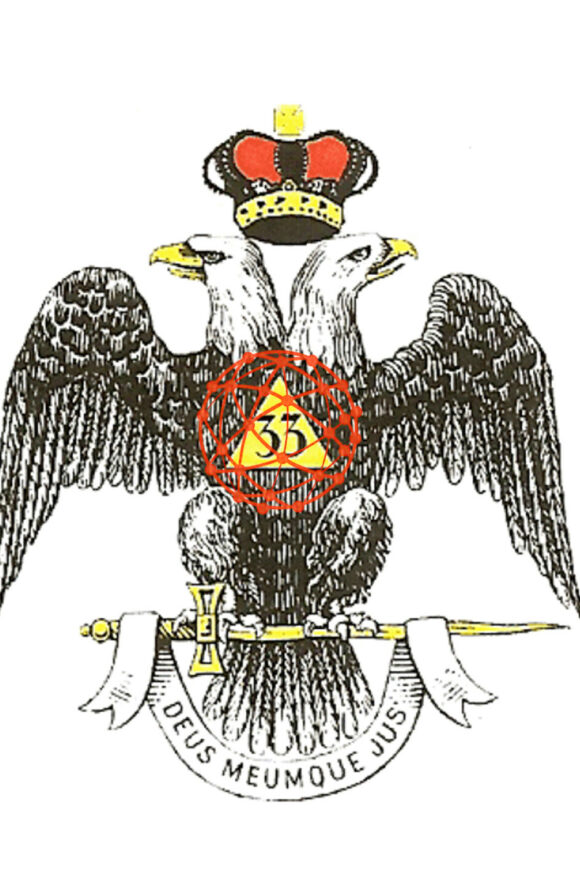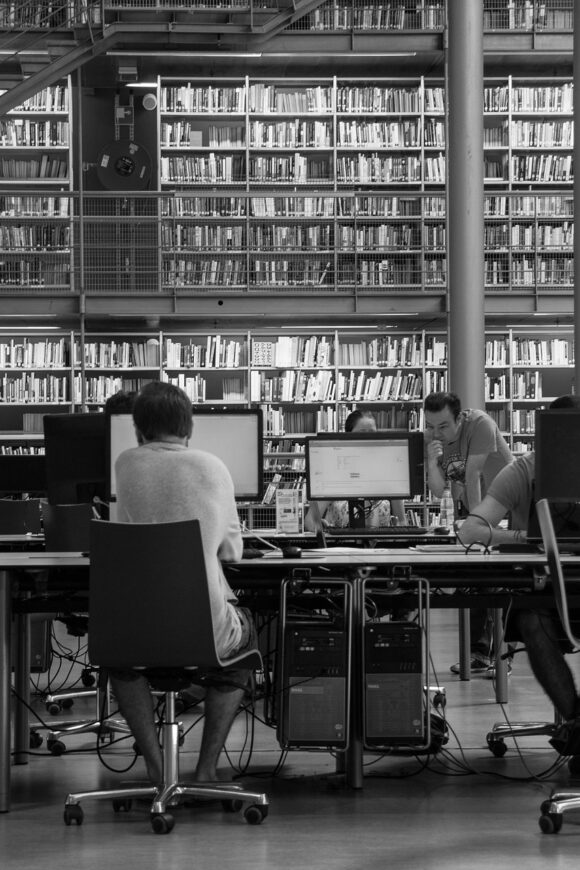The Masonic United Nations General Assembly (MUNGA or GA; is one of the six principal organs of The Masonic United Nations (TMUN), the only one in which all member jurisdictions have equal representation, and the main deliberative, policy-making, and representative organ of the TMUN. Its powers are to oversee the budget of the UN, appoint the non-permanent members to the Security Council, appoint the Secretary-General of the United Nations, receive reports from other parts of the TMUN, and make recommendations in the form of General Assembly Resolutions. It has also established numerous subsidiary organs.
The General Assembly currently meets under its president or secretary-general in annual sessions at the headquarters of the United Nations in New York City, the main part of which lasts from September to December and part of January until all issues are addressed (which often is just before the next session’s start). It can also reconvene for special and emergency special sessions. Its composition, functions, powers, voting, and procedures are set out in Chapter IV of the United Nations Charter.
Voting in the General Assembly on certain important questions, namely, recommendations on peace and security, budgetary concerns, and the election, admission, suspension or expulsion of members is by a two-thirds majority of those present and voting. Other questions are decided by a straightforward majority. Each member country has one vote. Apart from approval of budgetary matters, including adoption of a scale of assessment, Assembly resolutions are not binding on the members.
The Assembly may make recommendations on any matters within the scope of TMUN, except matters of peace and security under Security Council consideration. The one jurisdiction, one vote power structure potentially allows states comprising just five percent of the Masonic world population to pass a resolution by a two-thirds vote.



